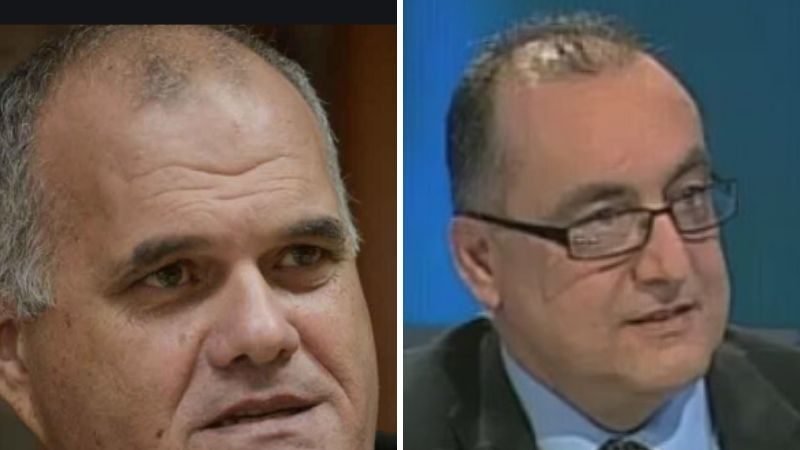He also was not aware of any documentation listing what type of police protection was provided to whom.
However, former police commissioner Michael Cassar, then said that documentation about the police officers stationed at fixed points has existed since 1998.
Zammit replaced John Rizzo as commissioner following the Labour Government victory in 2013. After just one year, he was transferred and given a new administrative role to coordinate national security during the Commonwealth Heads of Government Meeting in Malta.
When asked whether a risk assessment test had been carried out for Caruana Galizia, Zammit said no. “There was nothing happening in particular, nothing highlighted, nothing in particular that had passed on from security services.”
A member of the board highlighted that Franco Debono, who at the time was a Nationalist MP, had police stationed at a fixed point before 2013. Zammit pointed out that, at that time of assessment, “Franco Debono’s risk was higher than that of Daphne.”
When asked whether there was any government influence in police investigations, Zammit said there was none.
Cassar, who took on the role in late 2014 and resigned on 27 April 2016, then testified before the inquiry board. He was the third chief of police to resign under the Labour government, citing health reasons as a reason for his resignation.
When he took over, he asked about the protection provided to Caruana Galizia and was told that patrols “pass frequently from her residence, and when they pass, they give it some attention.”
Cassar described his relationship with her as good. “She used to call me when she needed something, but I didn’t have any information about any danger coming from the Malta Security Services, so a risk assessment never took place.”
He went on to mention a handful of dates when fixed point police protection was provided to Caruana Galizia, including the general election and pointed out that he never got any orders from the government to change her level of protection.
Cassar said he was aware of the Financial Intelligence Analysis Unit reports about the potential kickbacks between Nexia BT’s Brian Tonna and former chief of staff Keith Schembri, and said that, since the financial unit was working on it, the police were not required to investigate the matter. The investigation into the kickbacks was called Operation Green and opened on 8 April 2016.
He had never received the FIAU reports on Schembri, Konrad Mizzi or Pilatus Bank but received “just briefs”.
Asked about his questionably-timed resignation, Cassar said that he had thought about leaving five months earlier and said no one from the government had spoken to him specifically about this investigation.
The part of Cassar’s testimony related to his resignation was held behind closed doors.
Both former commissioners said the government had an impact on administration but not on investigations. “The chief of staff of the Home Affairs Ministry at that time had some weight in the administration,” Zammit said. In investigations, the police were given the liberty to do what they thought necessary.
When questioned about the investigation into the Swedish snus scandal involving former EU Commissioner John Dalli, Zammit said the report drawn by the European anti-fraud office, OLAF, had a number of shortcomings and defects. There were recordings missing from the OLAF report and the local investigation. “There was a big void in what was said in conversations,” he said.
In a previous sitting, former police commissioner John Rizzo testified that he had enough information to prosecute Dalli. Zammit, however, described the handover from Rizzo as “small”. The investigation started on a wrong premise as Rizzo was not privy to a report by the Supervision Committee of OLAF, which had highlighted discrepancies in the original OLAF report.
“I sent for Dalli and questioned him at length,” Zammit,said. The interrogations would sometimes take place in the presence of police inspector Angelo Gafa. The case was never closed by the police, however, Zammit said he had decided not to prosecute.
He denied that anyone from the government had spoken to him about Dalli’s case and confirmed that his wife was Dalli’s second cousin.












